Resolution 71-NQ/TW (Resolution No. 71) of the Politburo on breakthroughs in education and training development advocates building a unified set of textbooks nationwide, providing free of charge to all students by 2030.
This is a major policy, requiring careful and synchronous preparation from many sides. Ms. Tran Thi Ngoc Tuyen, Principal of Viet Anh Primary School (Tan Tao Ward, Ho Chi Minh City) shared some specific proposals to realize this goal.
According to Ms. Tuyen, compiling a unified set of textbooks is like taking care of a large tree: “Roots” are the philosophy and framework program that must be solid; “trunk” is the compilation process that must be scientific ; and “foliage” – the content and form, must be rich but unified.
To do this, the education sector must build a standard process, a learner-centered approach, with steps from research, survey, orientation, framework building, compilation, appraisal, testing, training, implementation to evaluation.
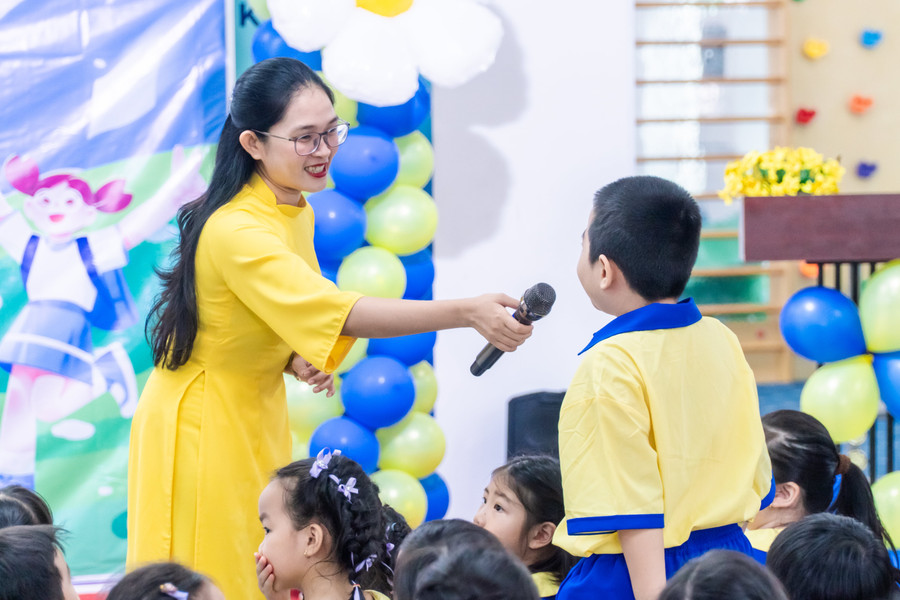
In particular, Ms. Tuyen believes that in the first stage, the most important thing is communication to create consensus with parents and society.
Regarding the provision of free textbooks, Ms. Tuyen said that there needs to be a smooth and synchronous coordination mechanism between the State, locality and school.
Specifically, the State and the Ministry of Education and Training play the role of "seed sowers", issuing policies to consider textbooks as public assets, organizing public printing bidding, and building a national digital science repository to combat waste.
Localities and the Department of Education and Training are the "land caretakers", responsible for allocating, monitoring and mobilizing socialized resources for printing and transportation.
The school is the "tree caretaker", directly managing, distributing and preserving books, and coordinating with parents to educate students about book preservation.
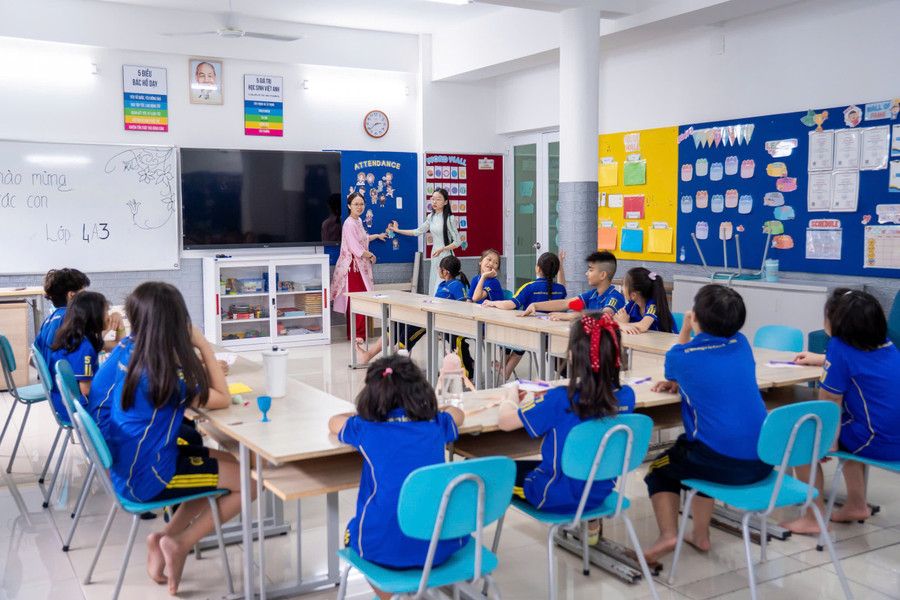
From the reality at Viet Anh Primary School, Ms. Tuyen emphasized three factors for book distribution to take place effectively and promptly.
Firstly, statistical data must be accurate, because fluctuations in student numbers can easily lead to surplus or shortage of books.
Second, build a mechanism to manage and reuse books. It is possible to organize a loan-return system through the library to both save money and train students to be aware of book preservation.
Third, coordinate transportation appropriately; the Ministry of Education and Training places orders, the Department of Education and Training and localities coordinate; schools deliver directly so that books reach students at the beginning of the new school year.
“Clear roles, synchronized procedures, and streamlined processes will help books reach students fully and on time, avoiding waste.
With careful preparation, close coordination and consensus from many sides, the goal of all students across the country using unified, free textbooks by 2030 can completely become a reality," Ms. Tuyen emphasized.
Source: https://giaoducthoidai.vn/huong-den-mot-bo-sach-giao-khoa-thong-nhat-post748117.html



![[Photo] The 1st Congress of Phu Tho Provincial Party Committee, term 2025-2030](https://vphoto.vietnam.vn/thumb/1200x675/vietnam/resource/IMAGE/2025/9/30/1507da06216649bba8a1ce6251816820)
![[Photo] Solemn opening of the 12th Military Party Congress for the 2025-2030 term](https://vphoto.vietnam.vn/thumb/1200x675/vietnam/resource/IMAGE/2025/9/30/2cd383b3130d41a1a4b5ace0d5eb989d)
![[Photo] General Secretary To Lam receives US Ambassador to Vietnam Marc Knapper](https://vphoto.vietnam.vn/thumb/1200x675/vietnam/resource/IMAGE/2025/9/29/c8fd0761aa184da7814aee57d87c49b3)
![[Photo] General Secretary To Lam, Secretary of the Central Military Commission attends the 12th Party Congress of the Army](https://vphoto.vietnam.vn/thumb/1200x675/vietnam/resource/IMAGE/2025/9/30/9b63aaa37ddb472ead84e3870a8ae825)



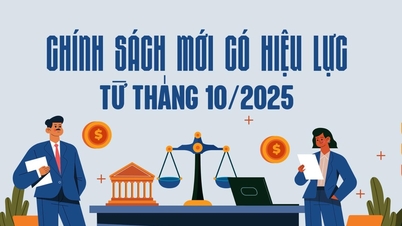

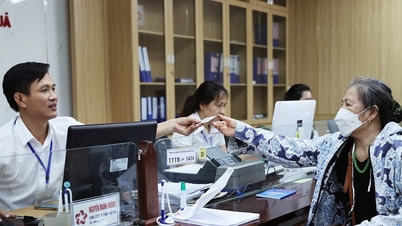





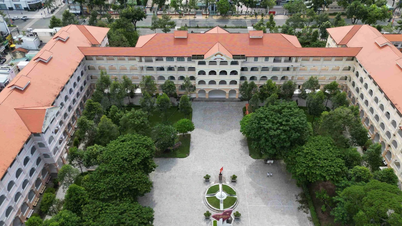
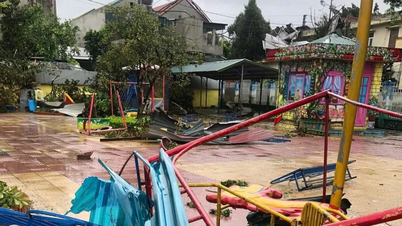


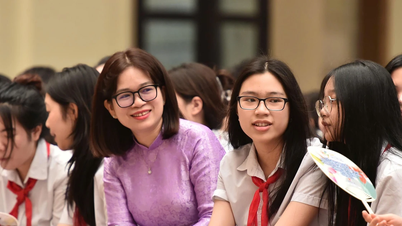



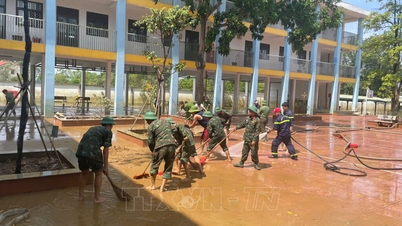




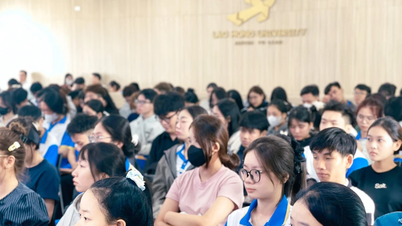
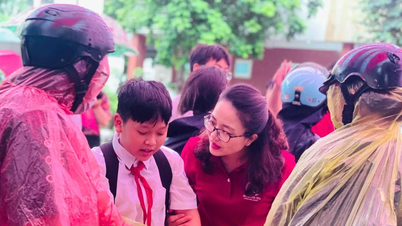
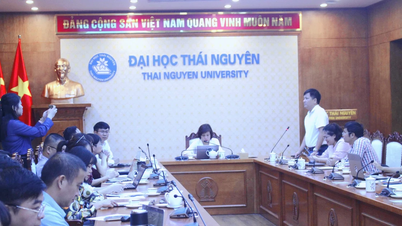
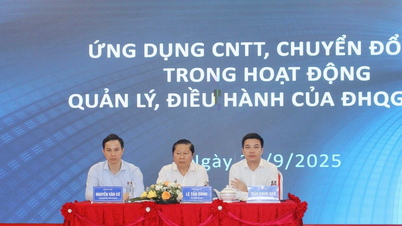
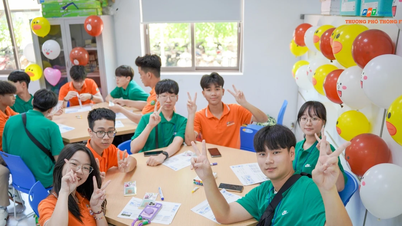
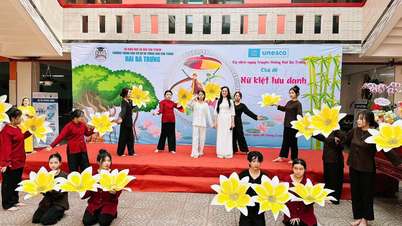
![[Photo] General Secretary To Lam attends the ceremony to celebrate the 80th anniversary of the post and telecommunications sector and the 66th anniversary of the science and technology sector.](https://vphoto.vietnam.vn/thumb/1200x675/vietnam/resource/IMAGE/2025/9/29/8e86b39b8fe44121a2b14a031f4cef46)



























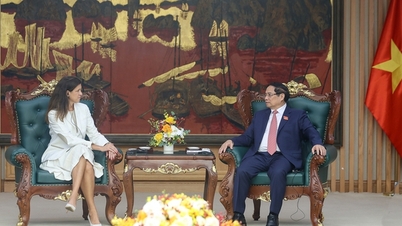

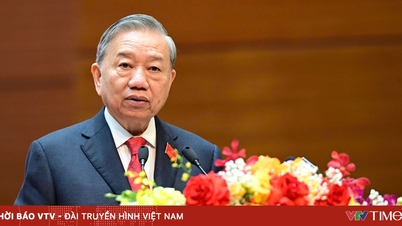

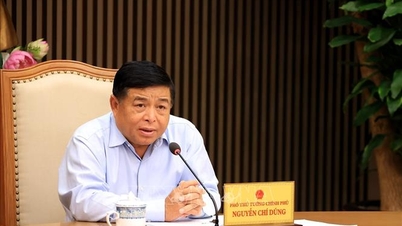

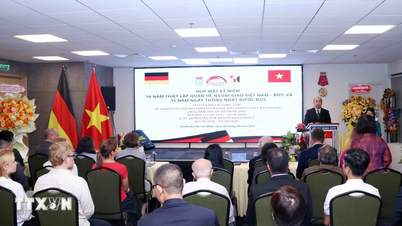
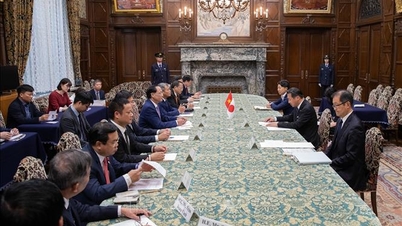


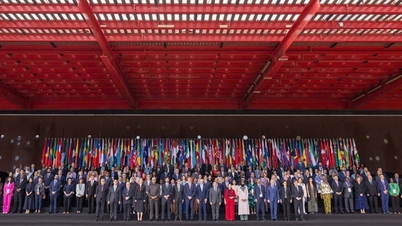
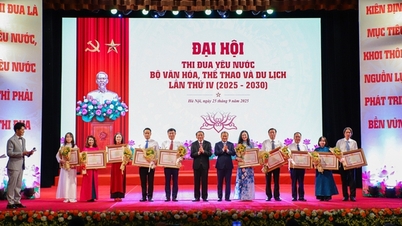






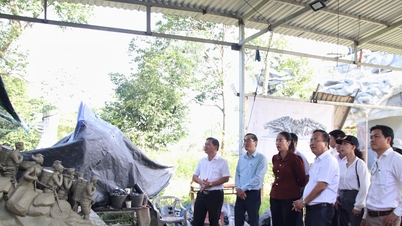
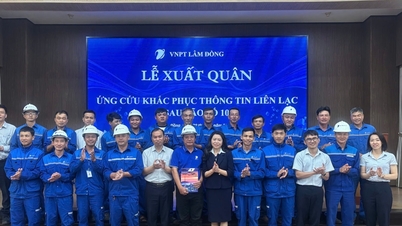
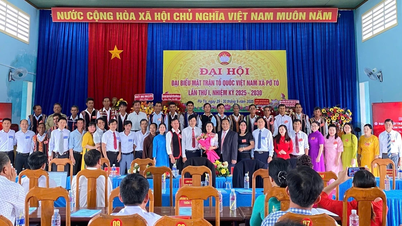


















Comment (0)